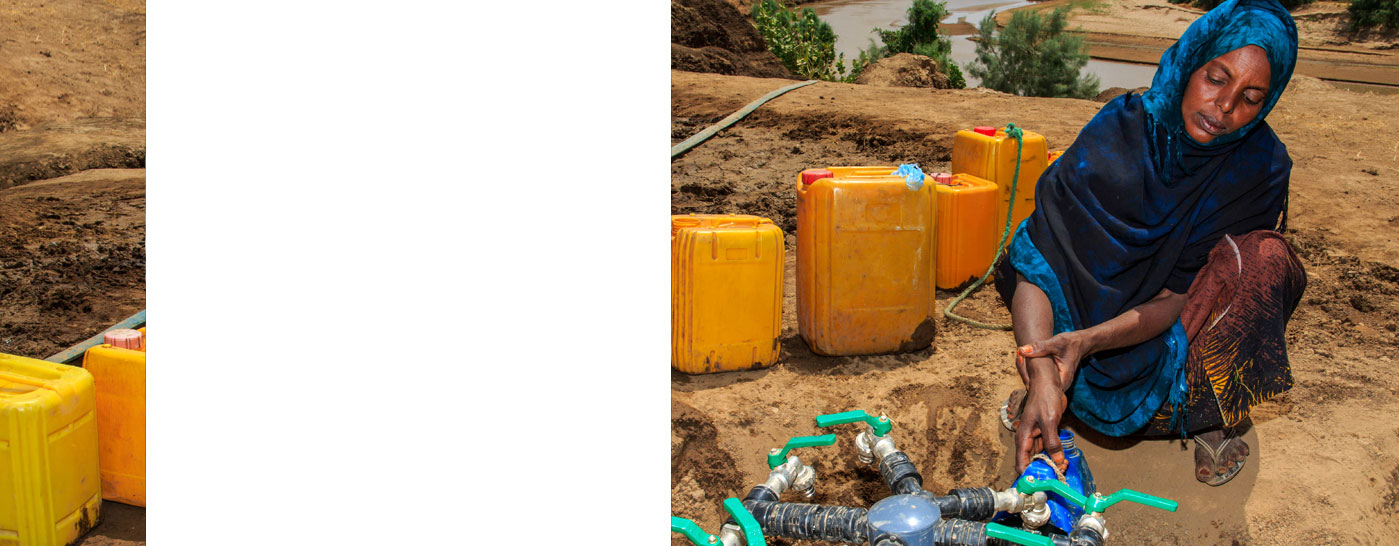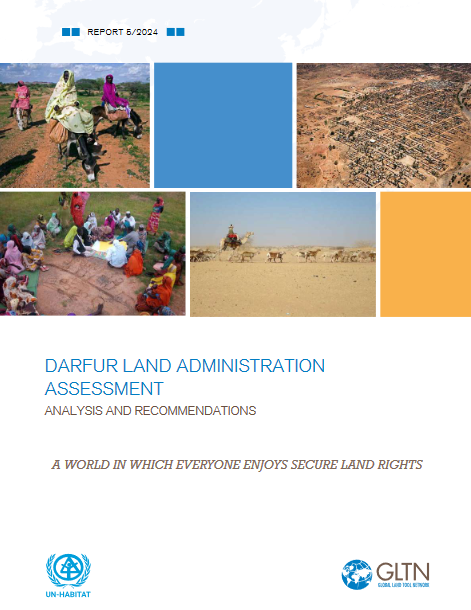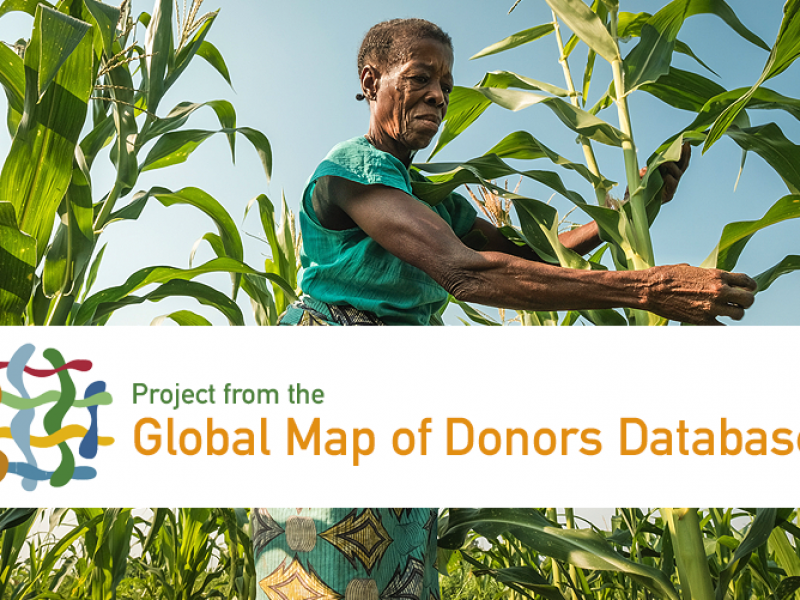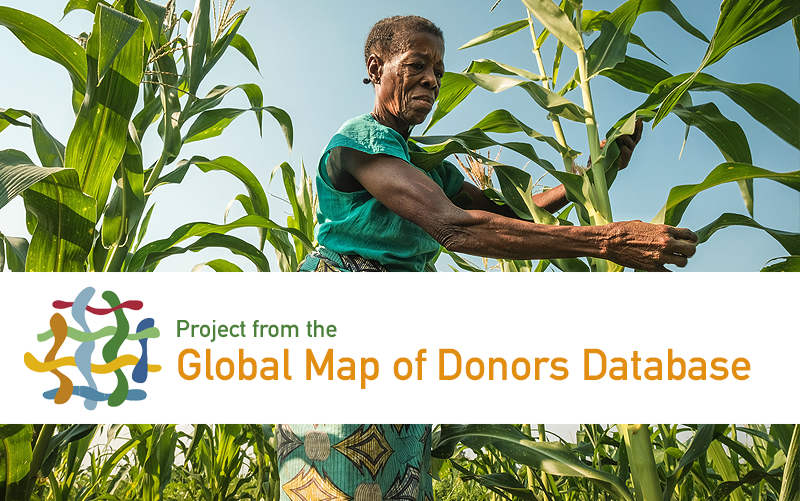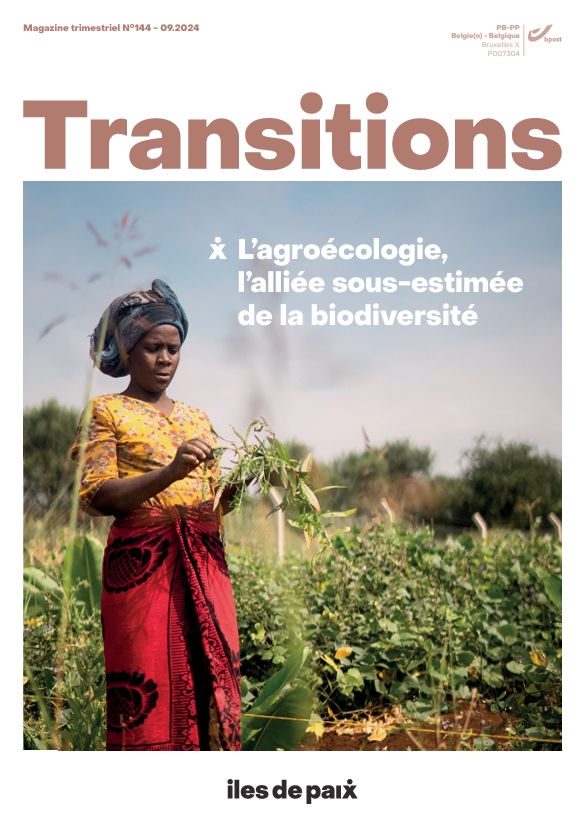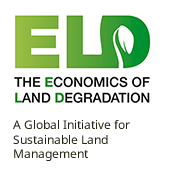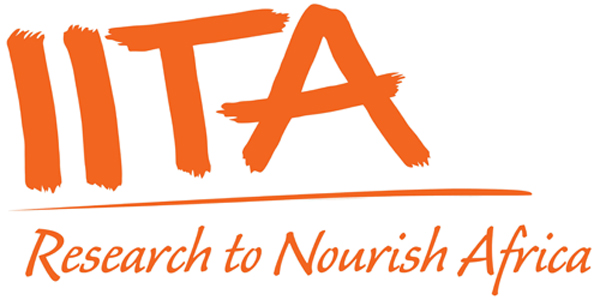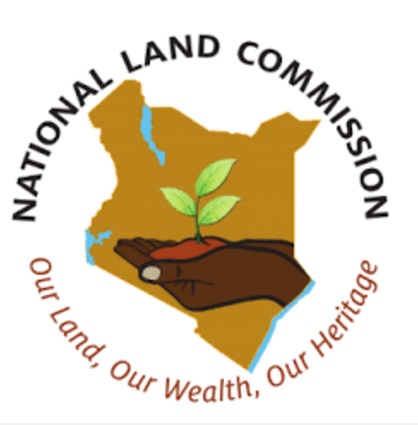Niger is a landlocked country with 80% of its land area covered by desert. Only one eighth of the country's land area can be used for agriculture and livestock. Secure access to fertile land is therefore of vital importance as the country’s population economically depends on it. This scarcity of agricultural land is magnified by the extremely high population pressure in Niger, which has the highest fertility rate in the world. Small family farms mainly have traditional land tenure and use rights, which they may formally obtain, but in reality, this is practically impossible due to the low capacity and insufficient skills of the structures in charge of land tenure. In some parts of the country, customary norms and practices restrict youth and women’s access to land, only in exceedingly rare instances do they access quality land. If women or youth are allocated marginal land, there is often no guarantee of long-term use.

